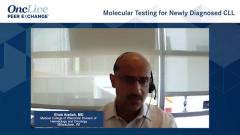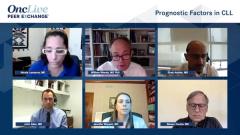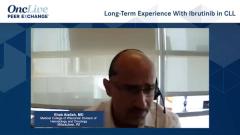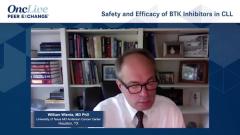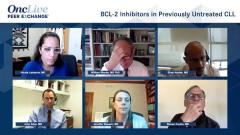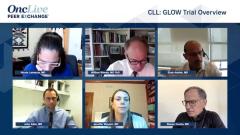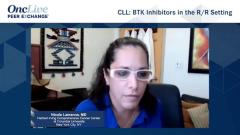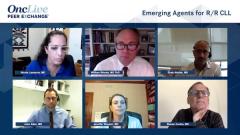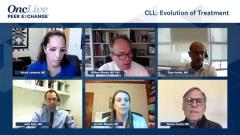
ALPINE Study: Zanubrutinib vs Ibrutinib in R/R CLL
An overview of the h ALPINE trial of zanubrutinib vs ibrutinib in patients with relapsed/refractory chronic lymphocytic leukemia (CLL).
Episodes in this series

William Wierda, MD, PhD: Jennifer, let’s move on to the other head-to-head comparison, which has very intriguing data to me. I hope you’ve seen the data. The ALPINE study was presented by Peter Hillmen as a head-to-head comparison in relapsed CLL [chronic lymphocytic leukemia]. It’s not necessarily high risk, but just relapse; 1 or more prior treatments. The trial focused on zanubrutinib—which isn’t approved but probably will be for CLL in the near future—vs ibrutinib. Perhaps you can give us some of your thoughts on that study.
Jennifer Woyach, MD: Similar to the head-to-head acalabrutinib-vs-ibrutinib study, this was set up to look at zanubrutinib vs ibrutinib in the relapse setting. The data have a much shorter follow-up. There’s only a 12- or 15-month median follow-up at this time, but they did show a higher overall response rate with zanubrutinib, probably because patients were having less lymphocytosis at that time, which we’ve seen pretty consistently with the second-generation BTK inhibitors. It’s noninferior, but they also have a trend toward a higher progression-free survival rate at those shorter time points.
It’s hard to know exactly how to interpret those data, whether it’s people who are able to stay on zanubrutinib longer than ibrutinib, because we know people who come off early tend to progress early. But they also showed a lower risk of atrial fibrillation with zanubrutinib, confirming that the second-generation inhibitors do have fewer cardiac adverse effects. These are really encouraging data. I’ll be interested to see longer-term follow-up to look at that progression-free survival and those really meaningful efficacy end points. But this certainly tells us that when available, zanubrutinib is going to be another great choice for patients with CLL.
William Wierda, MD, PhD: I completely agree. We need more follow-up, but they’re encouraging and very intriguing data, and they deserve further follow-up and attention. As I said, we’ll probably have that drug available in the near future, so we’ll have 3 category 1 options in the guidelines to select from.
TRANSCRIPT EDITED FOR CLARITY


